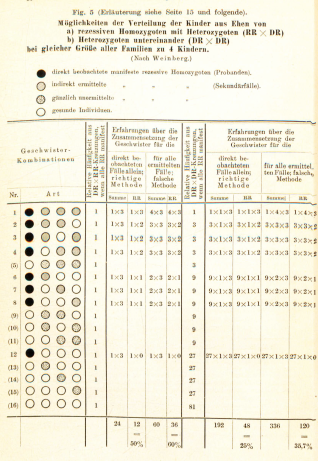Jan 19, 2023
In Search of Evidence: Shifting Epistemic Tools to Elucidate the Genetic Origins of Psychiatric Disorders, and some Underlying Assumptions
- Lecture
- Practices of Validation in the Biomedical Sciences
- Volker Roelke

More than one hundred years after the establishment of the first elaborated research program in psychiatric genetics in 1911, review articles in the major biomedical journals tell us that today, although about 1.300 candidate genes contributing to the causation of schizophrenia have been identified, all of them have very small effects, and that we know almost nothing about the exact mechanisms in the pathogenesis of the disorder. This is even more surprising in view of the enormous amount of funding which research programs in the genetics of psychiatric disorders have received in various political contexts over the past century. Starting from this somewhat irritating observation, we may ask what modes of evidence the historical actors of psychiatric genetics have used to successfully apply for research funds, and to get their preliminary findings published not only in the specific contexts of psychiatry and medical genetics, but even in the most high-profile journals representing the (natural) sciences in general. The presentation will first give an outline of a project which looks into the shifting forms of evidence used in various epistemological, political, and cultural contexts to reconstruct the plausibility and authority of the claims by representatives in the field of psychiatric genetics. In a second step, it will look at a specific case study from the 1920s which illustrates how, within a few years, changing political, economic, and cultural contexts resulted in a quite fundamental re-evaluation of the evidence ascribed to an almost unchanged set of data on the genetic origins of schizophrenia.
Biography
- Lara Keuck
- Steeves Damazeux
